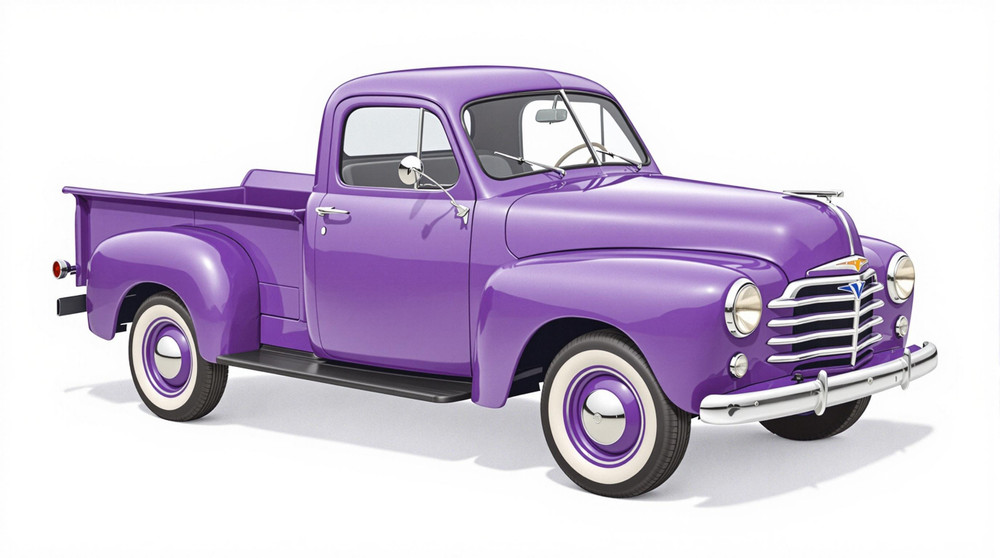Image of 1949 Studebaker 2r16, Note: These illustrations use artistic license and may differ from actual historical models.
Performance Metrics
Fundamental Metrics
Emotional Appeal
MMP Rating
| Engine Specifications | |
|---|---|
| Engine: | Inline 6 |
| Displacement: | 226 cubic inches |
| Horsepower: | Estimated 94 hp |
| Torque: | 176 lb-ft |
| Compression Ratio: | Estimated 6.5:1 |
| Ignition System: | Distributor and coil |
| Cooling System: | Liquid-cooled |
| Performance Specifications | |
| 0-60 Time: | Not available due to the age and type of vehicle |
| 1/4 Mile Time: | Not available due to the age and type of vehicle |
| Top Speed: | 60 mph |
| Transmission and Drive | |
| Drive Type: | Rear-wheel drive |
| Transmission Type: | 4-speed manual |
| Fuel and Efficiency | |
| Fuel System Type: | Carburetor |
| MPG: | Estimated 10-15 mpg |
| Dimensions and Brakes | |
| Brakes: | Drum brakes |
| Wheelbase: | 131 inches |
| Weight: | Estimated 3,800 lbs |
Note: Specifications for classic cars are given to the best of our ability, considering the limited and variant data available.
A Studebaker Like No Other: The 1949 2R16
In the pantheon of classic trucks, the 1949 Studebaker 2R16 holds a special place. Born in the wake of World War II, this vehicle emerged as a symbol of American resilience and innovation. Manufactured by the Studebaker Corporation, a company with a storied history that dates back to the days of horse-drawn wagons, the 2R16 was part of a lineup that marked a significant shift in truck design. A notable moment in its history is when it became one of the first trucks to offer a "double-walled" cargo box, setting a new standard for durability.
Design and Innovation
The 1949 Studebaker 2R16 was a marvel of post-war automotive design. Its exterior styling featured smooth lines and an aerodynamic shape that was ahead of its time. The truck's front grille, with its commanding presence, was flanked by rounded fenders that exuded strength and stability. Inside, the cabin was utilitarian yet comfortable, with high-quality materials that have stood the test of time. Technological features such as an advanced suspension system and powerful engine options were considered top-of-the-line for the era. Color options ranged from utilitarian hues to more vibrant choices, with Adriatic Blue being a popular pick among buyers. The 2R16 was available in various body styles, but the most iconic was undoubtedly the long-bed version, which combined functionality with sleek design.
Historical Significance
The 1949 Studebaker 2R16's impact on automotive design cannot be overstated. It set a new benchmark for truck aesthetics and functionality, influencing future generations of utility vehicles. What truly set this truck apart was its blend of style and substance, proving that work vehicles could be both beautiful and rugged. Its lasting influence is evident in the design language of many modern trucks.
Performance and Handling
Under the hood, the Studebaker 2R16 was no slouch. While exact performance figures like top speed and acceleration are not as readily available as with modern vehicles, it was known for its reliability and strength. The truck handled well for its size, absorbing bumps with grace and maintaining composure on windy roads. Driving a 2R16 was an experience characterized by the throaty hum of its engine and the solid feel of its construction.
Ownership Experience
The 1949 Studebaker 2R16 served various roles, from daily workhorse to show car darling. Its robust build meant that maintenance was straightforward, endearing it to owners who valued reliability over flashiness. However, due to its age, finding parts today can be a challenge, making it more suitable for enthusiasts than for those seeking a daily driver.
Fun Facts
The 2R16 has its share of unique trivia. For instance, some models were equipped with a "climatiser" system – an early form of air conditioning. While not known for breaking speed records, it held its own in terms of sales and endurance. Criticisms were few but often centered on its weight and fuel consumption – common issues for trucks of that era.
Collector's Information
Today, the value range for a well-preserved 1949 Studebaker 2R16 can vary widely. With production numbers not as high as some of its contemporaries, it's considered relatively rare. As with many classic vehicles, its value has generally appreciated over time, with pristine examples fetching significant sums at auction or private sale.
Conclusion
The 1949 Studebaker 2R16 is more than just a classic truck; it's a testament to American ingenuity in the post-war era. Its blend of style, functionality, and durability has cemented its place in automotive history. Whether you're a collector or simply an admirer of vintage vehicles, the Studebaker 2R16 is a remarkable piece of Americana worth cherishing.
1949 Studebaker 2r16 Catalog of Parts
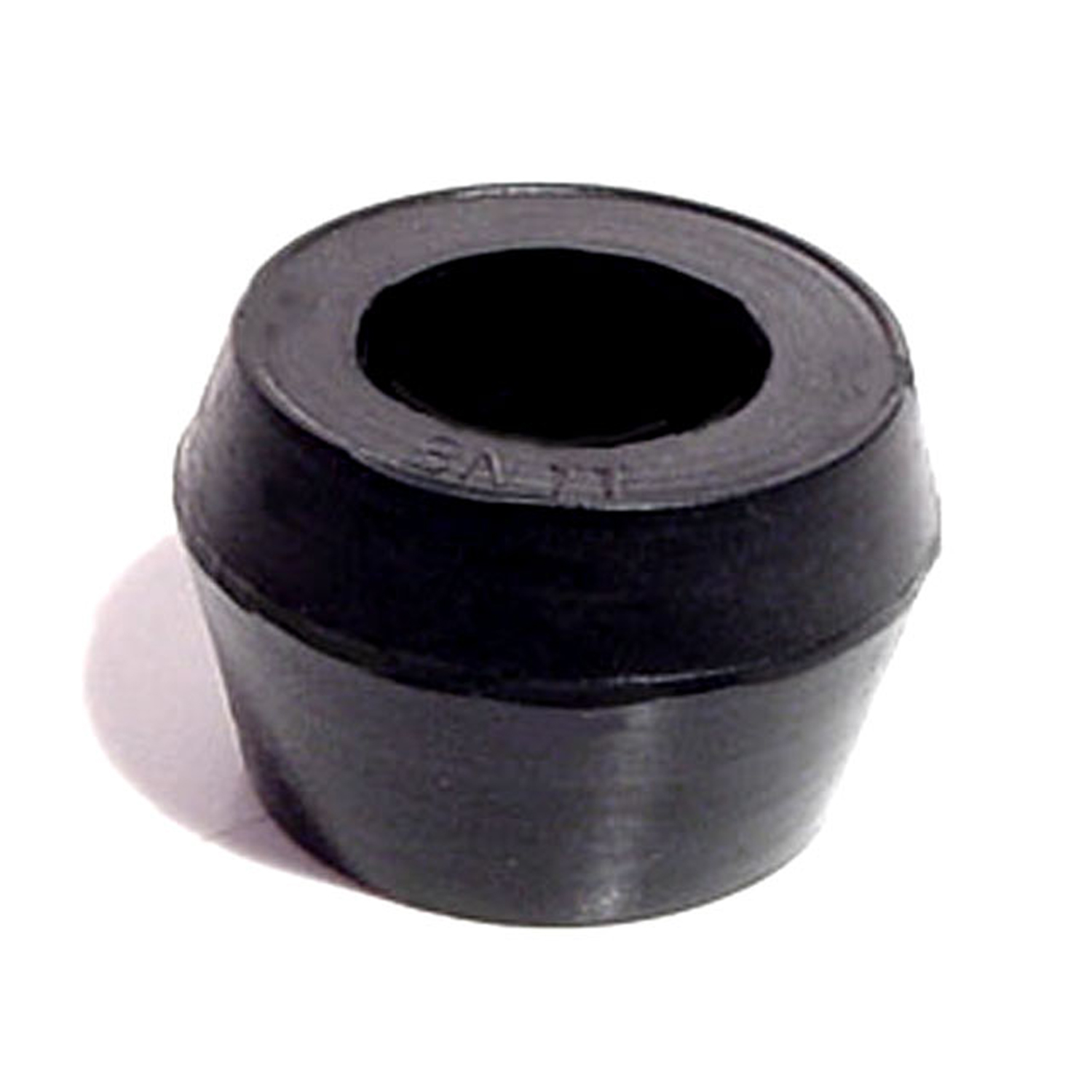 1949 Studebaker 2R16 Shock Absorber Grommet. 1" bottom O.D-BN 11Shock Absorber Grommet. 1" bottom O.D., 3/4" high, with 5/8" I.D. Each
1949 Studebaker 2R16 Shock Absorber Grommet. 1" bottom O.D-BN 11Shock Absorber Grommet. 1" bottom O.D., 3/4" high, with 5/8" I.D. Each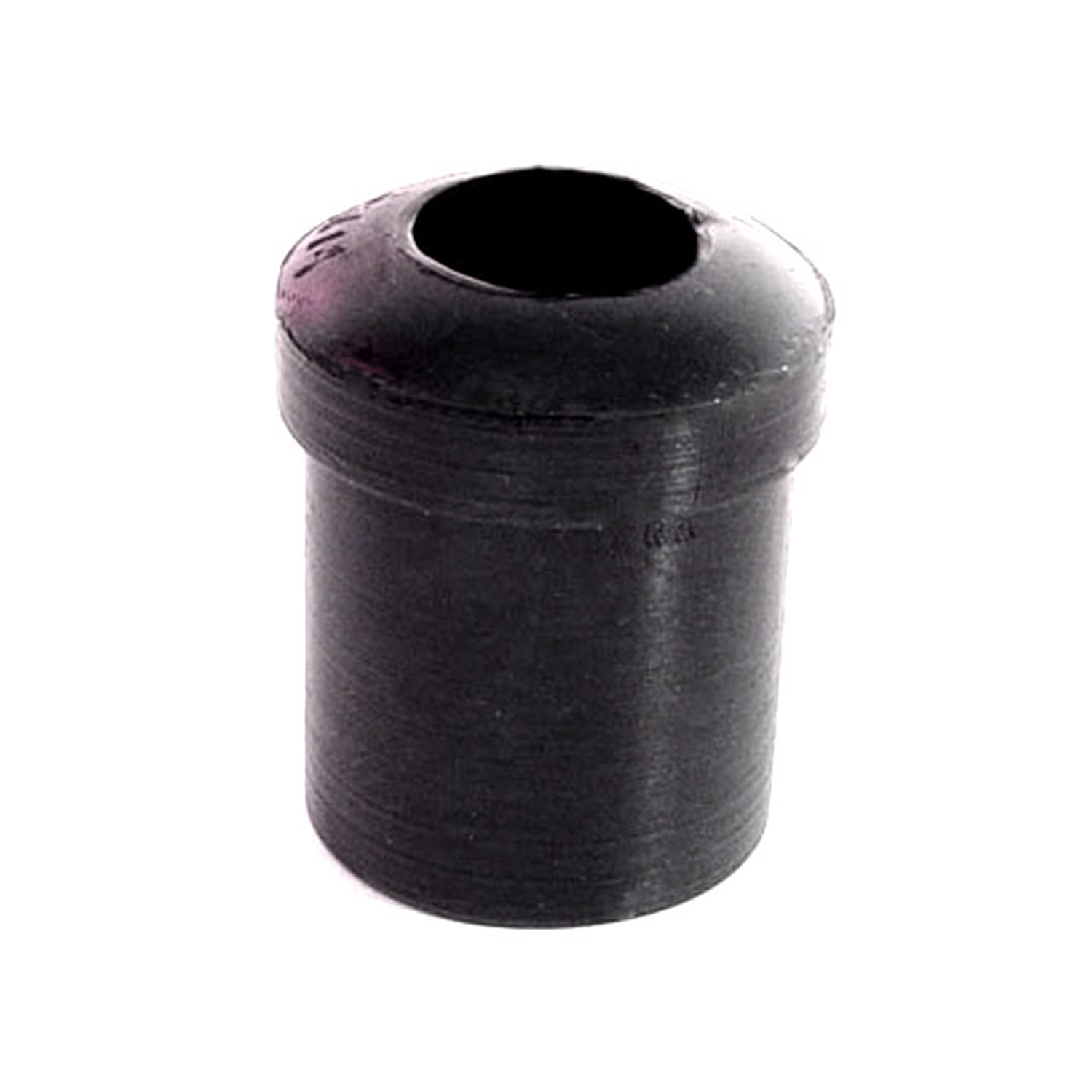 1949 Studebaker 2R16 Spring and Shackle Bushing. 1-1/16" bottom O.D-BN 14Spring and Shackle Bushing. 1-1/16" bottom O.D. X 1-1/2" high, with 5/8" I.D. Each
1949 Studebaker 2R16 Spring and Shackle Bushing. 1-1/16" bottom O.D-BN 14Spring and Shackle Bushing. 1-1/16" bottom O.D. X 1-1/2" high, with 5/8" I.D. Each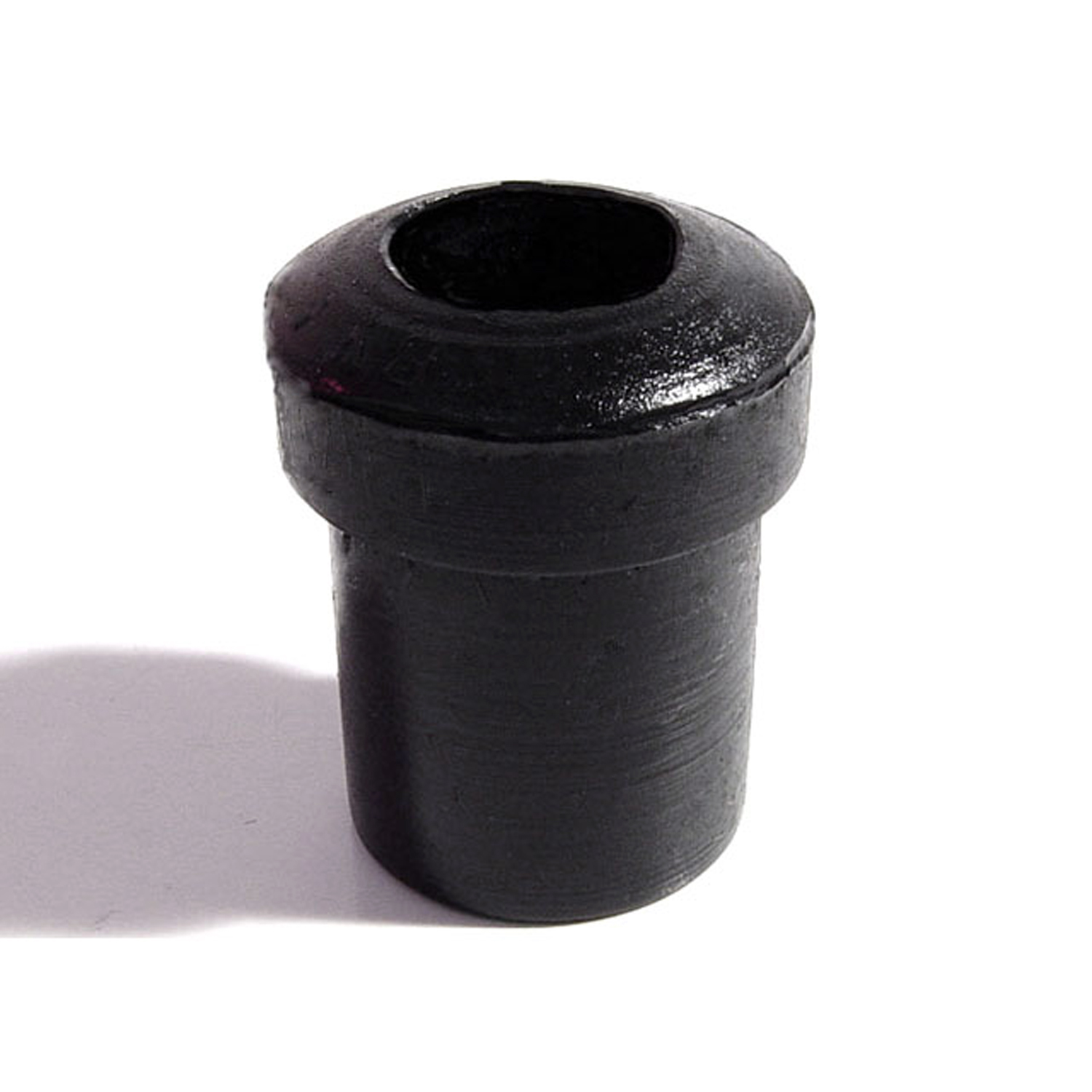 1949 Studebaker 2R16 Spring and Shackle Bushing. 7/8" bottom O.D-BN 16Spring and Shackle Bushing. 7/8" bottom O.D. X 1-1/8" high, with 1/2" I.D. Each
1949 Studebaker 2R16 Spring and Shackle Bushing. 7/8" bottom O.D-BN 16Spring and Shackle Bushing. 7/8" bottom O.D. X 1-1/8" high, with 1/2" I.D. Each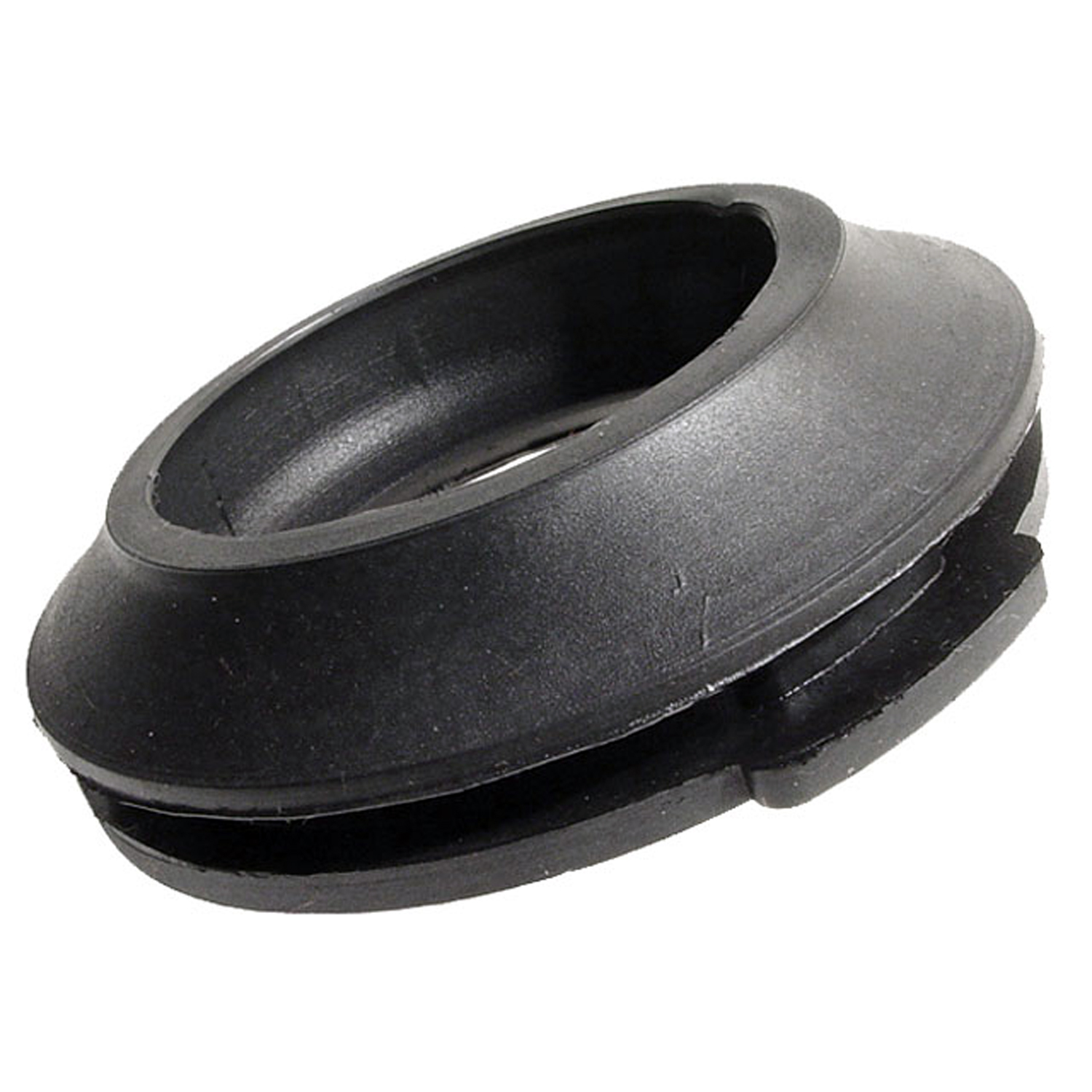 1949 Studebaker 2R16 Gas Filler Grommet. Perfect reproduction. Top 2-1/16" I.D-GF 45Gas Filler Grommet. Perfect reproduction. Top 2-1/16" I.D., 3-7/16" O.D. Each
1949 Studebaker 2R16 Gas Filler Grommet. Perfect reproduction. Top 2-1/16" I.D-GF 45Gas Filler Grommet. Perfect reproduction. Top 2-1/16" I.D., 3-7/16" O.D. Each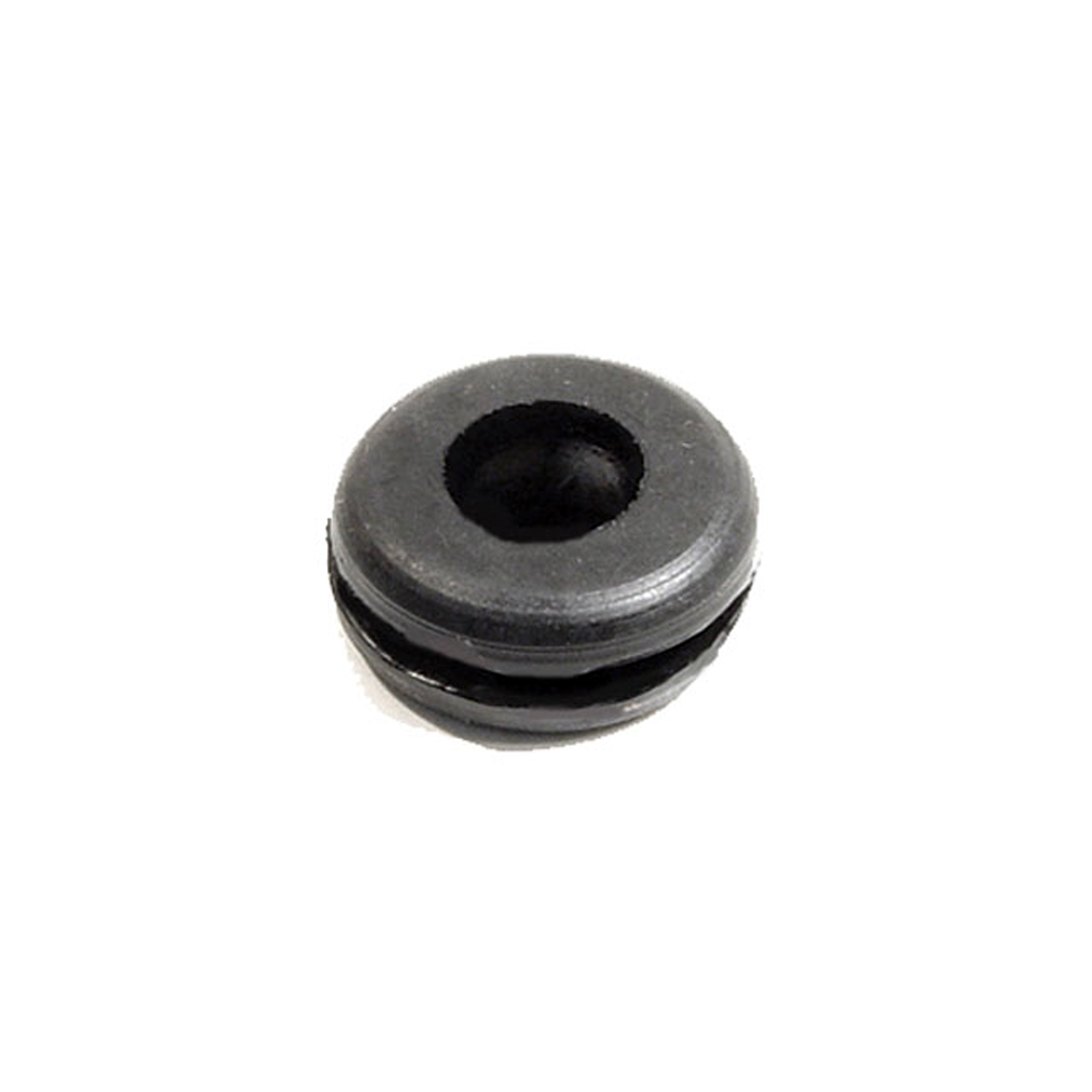 1949 Studebaker 2R16 Headlight & Tail-Light Wire Grommet. 3/8" I.D., 7/8" O.D-SM 13-AHeadlight & Tail-Light Wire Grommet. 3/8" I.D., 7/8" O.D. Each
1949 Studebaker 2R16 Headlight & Tail-Light Wire Grommet. 3/8" I.D., 7/8" O.D-SM 13-AHeadlight & Tail-Light Wire Grommet. 3/8" I.D., 7/8" O.D. EachWhy Choose Metro?
For over 100 years, Metro Moulded Parts has been the pinnacle of quality in classic car restoration parts. Our commitment to precision and authenticity in every component ensures a perfect fit and an OEM-level appearance.
- Expert Craftsmanship & Quality: Each part is a testament to our dedication to reliability and perfection, crafted from original designs and thoroughly tested.
- Advanced Technology: We use cutting-edge techniques to create flawless, long-lasting parts that surpass others in performance.
- SuperSoft Sponge – The Ultimate Door Seal: Not only are our door seals 30% softer than competitors', but they're also guaranteed to never leak. They effectively reduce wind and road noise, enhancing your classic car's comfort and driving experience.
- Proudly American: Our parts are a product of American craftsmanship, made in the USA with a spirit of excellence and heritage.
- Unrivaled Warranty: We back our products with a 30-year industry-leading warranty, a testament to our confidence in their quality.
Join us in preserving the legacy of classic cars with parts that are crafted for perfection, not just made.

